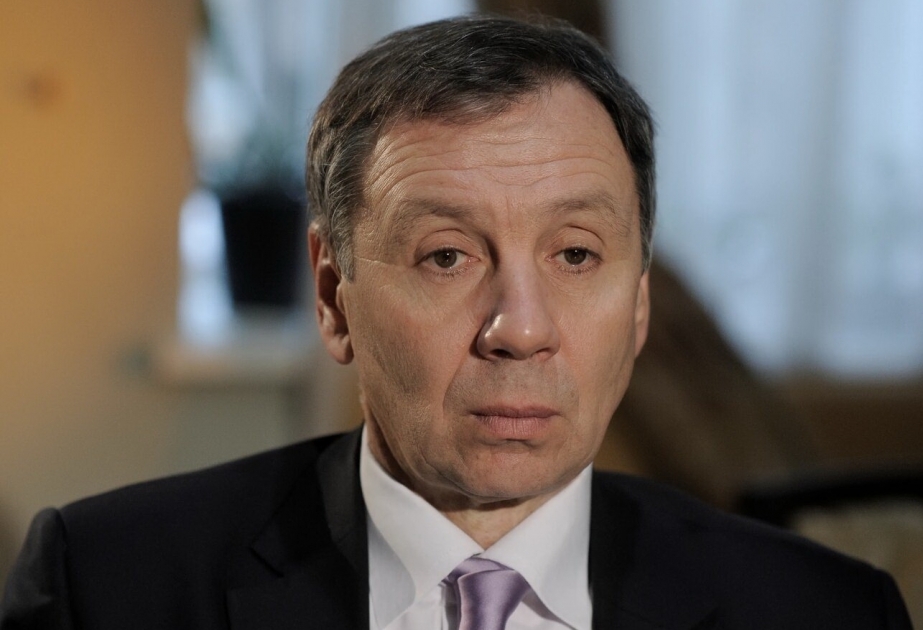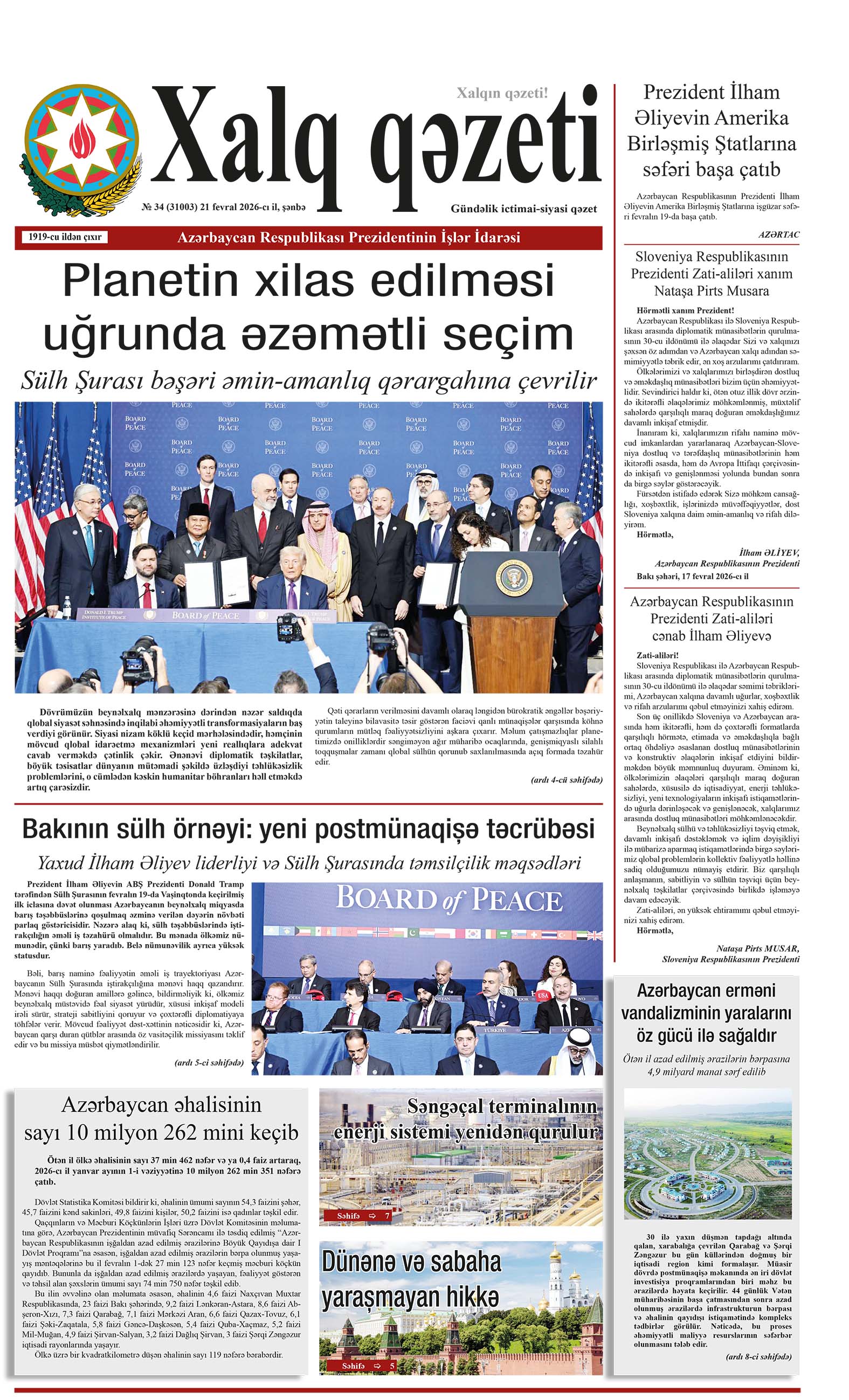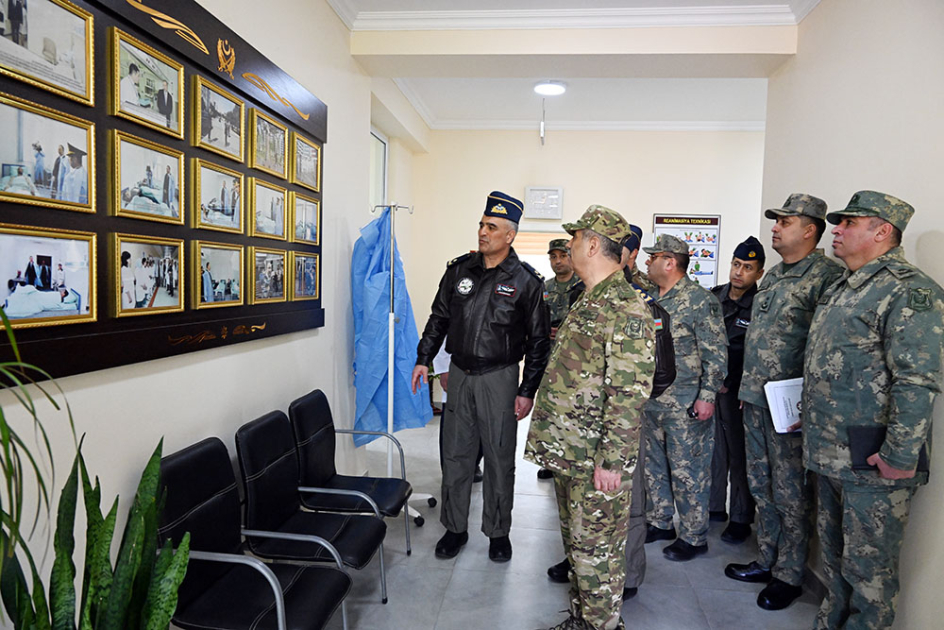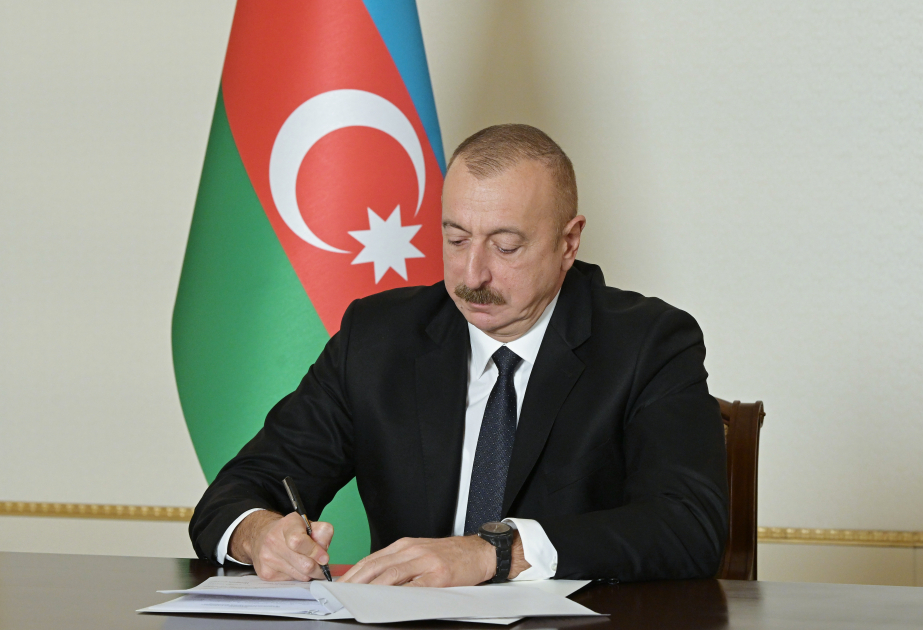POLITICS
Sergey Markov: US and EU seek to destabilize the situation in the South Caucasus
12.04.2024 [12:34]
A+ A-
Baku, April 12, AZERTAC
AZERTAC presents an interview with Russian political scientist Sergey Markov.
- Nikol Pashinyan’s meeting with the US Secretary of State and the President of the European Commission, which was blown out of proportion by the Armenian side and reverberated in Azerbaijani, Russian and Turkish media, has taken place. Can Armenia be considered to have sold itself fully to the West?
- The meeting of the Armenian leadership with the leaders of the United States and the European Union took place on several levels. At the level of statements, it was quite remarkable: they literally showered each other with compliments. However, at the level of concrete political decisions, it is possible to say that the meeting was a failure. After all, there were forecasts and a statement of the leaders of the United States and the European Union that the West would become a guarantor of Armenia's security and that some kind of a framework document would be prepared, but no statements on guarantees of Armenia's security were made. Another suggestion was to put forward the idea of concluding a truce instead of a peace treaty, which, of course, is beneficial only to Armenia. This wasn’t done either. Thus, no anti-Azerbaijani steps followed. The US and EU leadership were deterred by the resolute and tough statements of the Azerbaijani leadership. There were calls from Washington and Brussels to the President of Azerbaijan, who took such a categorical position that the US and the European Union hesitated to go further. And they did not publicly promise Armenia anything special.
- Everyone knows well how dangerous the West's promises are. You don't need to go far for examples. Do you think that Armenia's pro-Western aspirations will lead to the escalation of the situation in the region? After all, even in the run-up to the meeting Armenia began to amass troops on the conditional border....
- The West now has a very important goal in the South Caucasus, which is not to establish peace, but to squeeze Russia out of the Caucasus. The major powers are seeking to destabilize the situation in the region. The old imperialist predators are accustomed to the “divide and rule” principle, manipulating various forces and instruments. When the West was coming to South Korea, Germany and Japan, these countries were moving towards prosperity. Everything is different now. The West has come to Iraq, Afghanistan, Ukraine, Georgia, plunging these countries into a state of chaos. There is no prosperity there at all.
Another strategic goal of the European Union is to create a belt of friendly and dependent political regimes around the EU. The EU will use Armenia as a route to the South Caucasus to strengthen its control over Georgia and Armenia and try to establish control over Azerbaijan. Another important US goal is to create a springboard for a future war against Iran.
- Will Pashinyan's meeting with western actors create new dividing lines in the region? Will the West become a new “security umbrella” for Armenia? What is your forecast of further developments around Russian-Armenian relations?
- I have mentioned the external aspects of Pashinyan's meeting. But there are other layers as well. It is still unclear what secret decisions were made by the sides. There are reasons to assume that the West will gradually create obstacles for the relations between Armenia and Russia up to their complete cessation. It is obvious that the West will integrate more into the region. Integrate through various missions – civilian, police, military, and also by increasing its economic presence. Of course, they would very much want to replace Russian border guards with their own, to take control over the most senior Armenian commanders, where they think there are too many pro-Russian colonels and generals; of course, they want to reorient them towards the West.
So concrete facts show that the entry of the US and the European Union into the South Caucasus through Armenia can seriously destabilize the situation.
But there was also a third level – the level of closed-door negotiations. There is every reason to assume that certain decisions were made there, at this level of closed-door negotiations. In my opinion, agreement on the second stage of the conspiracy is quite possible.
The first stage of the conspiracy took place at the meeting between Pashinyan and Macron in Paris two years ago, where they agreed that Armenia would move towards the West and the West would take a pro-Armenian position.
That stage has passed, and now, apart from France, the US and the EU are joining this conspiracy. All this creates a rather precarious situation. The people of Armenia want to develop relations between their country and the West, but at the same time, there are fears that by severing relations with Russia, the West, roughly speaking, will leave Armenia high and dry.
Nadiya Gafarova
publicist, translator


















